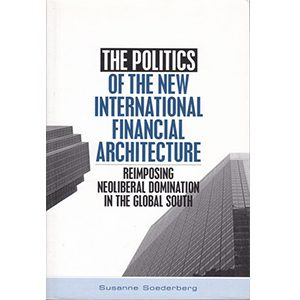Fieldwork in Timor-Leste: Understanding Social Change through Practice
This is a must-have volume for scholars, other fieldworkers and policy-makers preparing to work in Timor-Leste, invaluable for those needing to understand the country from afar, and a fascinating read for anyone interested in the Timorese world.
A ground-breaking exploration of research methodologies in Timor-Leste, the first of its kind, it brings together ten authors (veterans and early-career researchers) who have helped found Timor studies and broadly represent a range of fieldwork practices and challenges in what has been described as one of the most complex, contested, attractive and dangerous ethnographic field sites on the planet. Here, they present their experiences of conducting anthropological, historical and archival fieldwork in this new nation, spanning the period from colonial times to the present day. The volume further explores how researchers might examine processes of ‘nation-making’ without taking particular claims about what constitutes Timorese national identity for granted. Many of the chapters thereby engage critically with some of the preconceived understandings and ideas about what kind of place Timor-Leste is that have characterized both academic research and development debates, and which have been challenged through the ethnographic or historical research of the contributing authors.
The volume thus reflects and highlights the contestations and deliberations symptomatic of the country’s nation-building process. It is also timely, coming as Timor studies enter a productive new phase following the country’s independence and at a critical moment in the debate about the future of area studies vis-à-vis the traditional disciplines.
RM115.00
Out of stock
Description
This is a must-have volume for scholars, other fieldworkers and policy-makers preparing to work in Timor-Leste, invaluable for those needing to understand the country from afar, and a fascinating read for anyone interested in the Timorese world.
A ground-breaking exploration of research methodologies in Timor-Leste, the first of its kind, it brings together ten authors (veterans and early-career researchers) who have helped found Timor studies and broadly represent a range of fieldwork practices and challenges in what has been described as one of the most complex, contested, attractive and dangerous ethnographic field sites on the planet. Here, they present their experiences of conducting anthropological, historical and archival fieldwork in this new nation, spanning the period from colonial times to the present day. The volume further explores how researchers might examine processes of ‘nation-making’ without taking particular claims about what constitutes Timorese national identity for granted. Many of the chapters thereby engage critically with some of the preconceived understandings and ideas about what kind of place Timor-Leste is that have characterized both academic research and development debates, and which have been challenged through the ethnographic or historical research of the contributing authors.
The volume thus reflects and highlights the contestations and deliberations symptomatic of the country’s nation-building process. It is also timely, coming as Timor studies enter a productive new phase following the country’s independence and at a critical moment in the debate about the future of area studies vis-à-vis the traditional disciplines.
Publisher: NIAS Press
Paperback
2017
ISBN: 9788776942090






